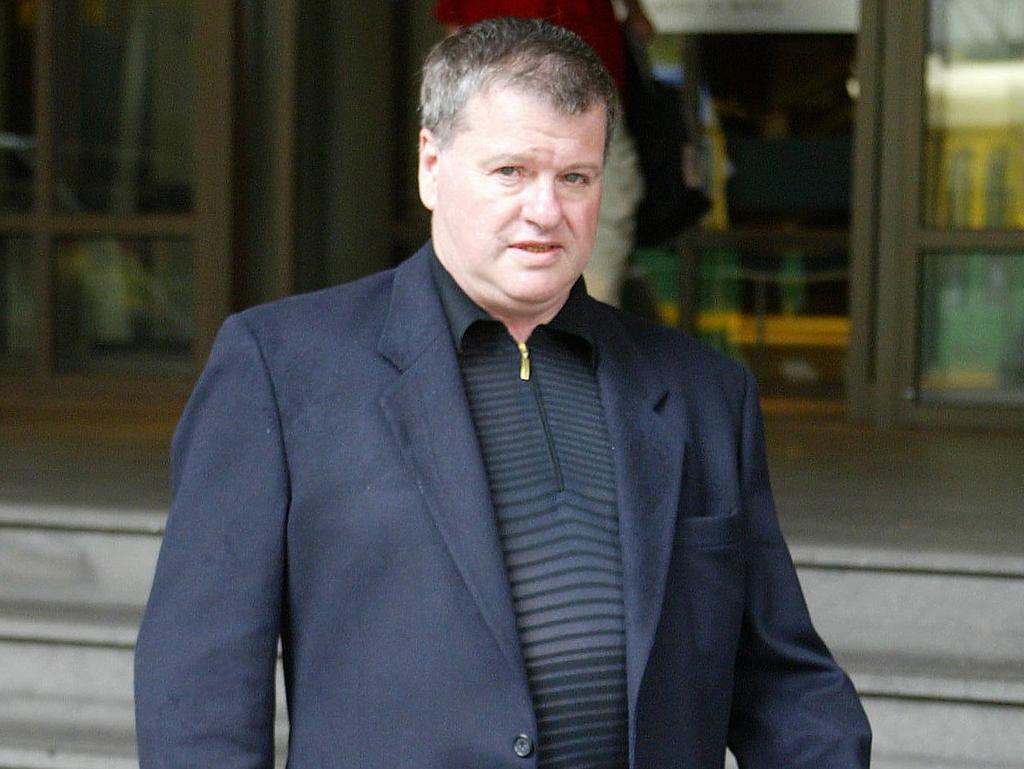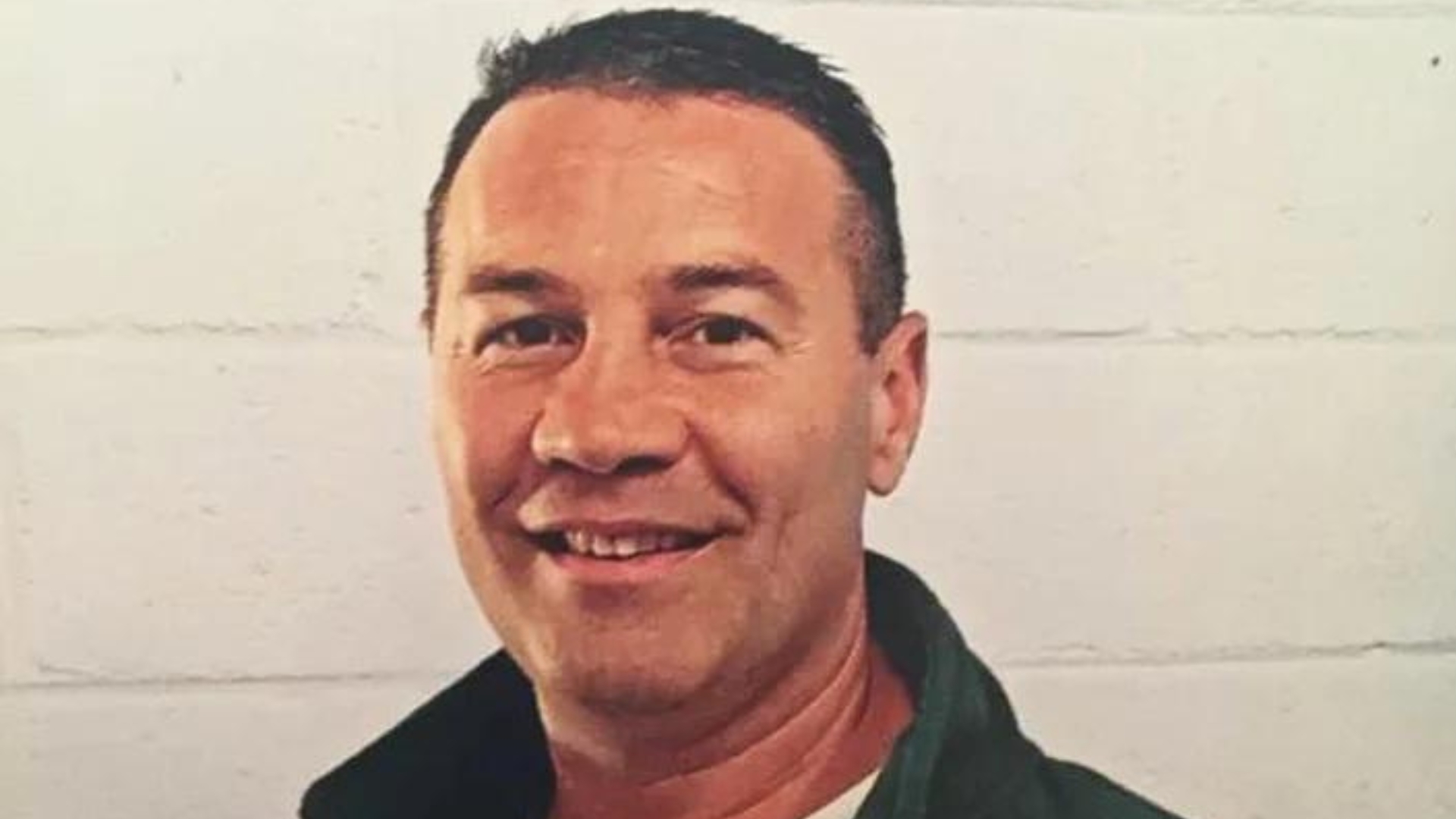Victoria Police and Victoria’s Office of Public Prosecutions have been accused of concealing information provided by a key witness which could have altered the course of the murder trial of Lewis Moran.
Convicted killer Evangelos Goussis was accused of killing Moran during the trial that took place in 2004.
Goussis is a 56-year-old, twice-convicted murder who is serving the longest jail sentence of any living survivor from Melbourne’s gangland war. He was found armed with a shotgun and 357 revolver at the Brunswick Club on Sydney Road and allegedly killed Lewis Moran at a close range.
However, at the time Goussis claimed he was not involved in the murder of Moran.
Despite his appeal being at a standstill for the past three years, lawyers representing the convicted killer have now alleged that prosecutors and police failed to meet their legal obligation to disclose information during his trial in 2004 for the murder of Lewis Moran.
This sudden twist has now questioned the fairness of Goussis’ trial proceedings, as he was previously given a life sentence.

Goussis’ legal team have since notified officials of the issues raised in his appeal. His appeal relies on police files uncovered by the Royal Commission into the Management of Police Informant.
His lawyers are seeking to go further and interrogate the conduct of prosecutors who provided advice to police about the Moran murder trial.
A spokesperson from the Office of Public Prosecutions revealed that Goussis’ appeal case contained factual inaccuracies and any allegation of misconduct will be “vigorously disputed”.
“If serious allegations of misconduct are to form part of the applicant’s case, procedural fairness dictates that they should be clearly and expressly articulated as part of a further amended written case,” the spokesperson said.
“If a further amended written case is filed, the Director of Public Prosecutions will respond as is necessary.”
The prosecutor’s office and Victoria Police have yet to formally respond to Goussis’ application.
Evangelos Goussis will now be able to continue to pursue his second appeal, following a change to Victorian law in 2019, however he must demonstrate there is “fresh and compelling evidence” which raises doubt about his guilt.
Source: The Age.
